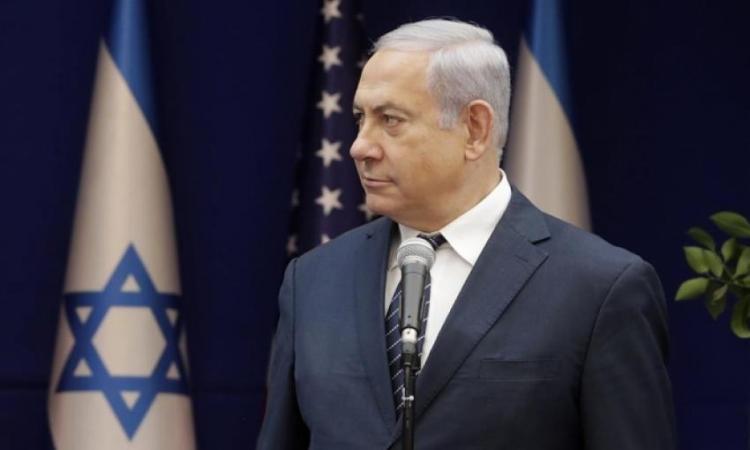Israel previously learned of Soleimani’s assassination – Analyst
Ramallah – North-Press Agency
The Israeli Prime Minister Benjamin Netanyahu waited for the announcement of the United States' Donald Trump, before he made an official comment on the assassination of the Iranian commander of Quds Force of the Islamic Revolutionary Guard Corps, major-general Qasem Soleimani and the deputy chief of al-Hashd al-Shabi (PMU), Abu Mahdi al-Muhandis, in a U.S. raid last night, which targeted two cars near Baghdad airport in Iraq. “We stand fully on the side of the United States,” Netanyahu stated.
Earlier, he instructed his government ministers, especially members of the mini-cabinet for security affairs, "Cabinet" not to come out with any statement or comment regarding the assassination, as it may harm Israel due to the sensitivity of the matter. According to political sources to North-Press, the Israeli stance is subject to crystallization status before making the official comment.
However, despite this, the Israeli political analyst Ya`qub Ezra revealed to North-Press that Netanyahu hinted in his statements, on Thursday, hours before the assassination of Qasem Soleimani at Baghdad Airport, that he was in full, direct and continuous contact with the U.S. officials regarding a dangerous development taking place in the Middle East, without disclosing further details. Ezra added that he expected that Israel was informed in advance of the operation, describing the security coordination between the U.S. and Israel as"very strong".
Ezra said that the Israeli preparedness is to confront any possible Iranian attack or threat, as the Israeli alert focuses primarily on "air and sea weapons, to counter any attempted attacks on Israeli territories from Lebanon or Syria, by air or sea.”
In the context, he assured that Israel expects the war to be ready for it not because it wants it. However, he stressed that the way and the quality of which Iran will respond to the assassination of Soleimani will decide the war or not, especially as Tehran threatens a harsh response against American and Israeli targets abroad.
Moreover, reports showed that, along with Soleimani and the deputy head of al-Hashd al-Shabi, six other people were killed in the afore mentioned attack, including an official of the Lebanese Hezbollah, Muhammad Kawtharani.
Qasem Soleimani was leading "Quds Force", which is Iran's arm to carry out operations outside its borders, or what became known as "exporting the Iranian revolution to liberate the weak", according to the Iranian description. Soleimani has been developing Tehran's relations with the Palestinian factions, headed by Hamas and Islamic Jihad Movements, where he provided them with financial support, training and military experiences over many years. Furthermore, both Hamas and Islamic Jihad expressed today their assurance that the assassination of Soleimani would not weaken the "Axis of Resistance", rather, to reinforce it.

